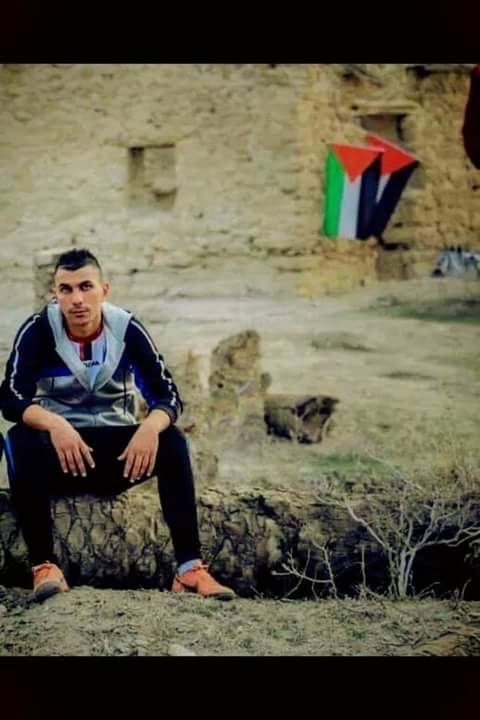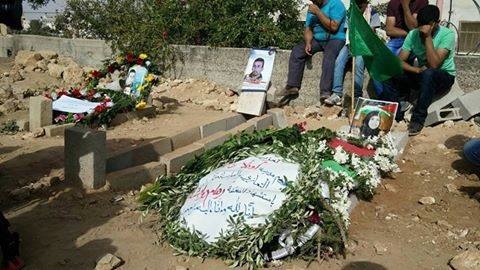Author: ISM Media
-
MAHMOUD NASSER IS FREE ! THANK YOU !
LAST UPDATE 30/09/2015 Thank you ! We have received the wonderful news that Mahmoud Nasser has been released from Ofer, the Israeli military occupation prison near Ramallah, yesterday night! Together with his family they celebrated his release on bail and we are all very grateful to all supporters and donators for their contribute!! Carry on…
-
Testimony of Khuzaa’s massacre
8th September 2015 | International Solidarity Movement, Gaza Team | Khuzaa, Gaza Strip, Occupied Palestine One year after Israel’s attacks in the Gaza Strip, the massacre in Khuzaa is vividly remembered by one of its inhabitants. Dr Mohammed Qudaih lived with his family in Khuzaa, in the southern Gaza Strip, less than a kilometre away…
-
Reham Dawabshe’s funeral
8th September 2015 | International Solidarity Movement, Nablus Team | Duma, Occupied Palestine Yesterday, Monday 7th September, at approximately 1pm, thousands of people where waiting for martyr, Reham Dawabshe, to arrive to Duma to attend her funeral. After struggling for five weeks from severe burns all over her body, Reham Dawabshe died in the hospital.…



